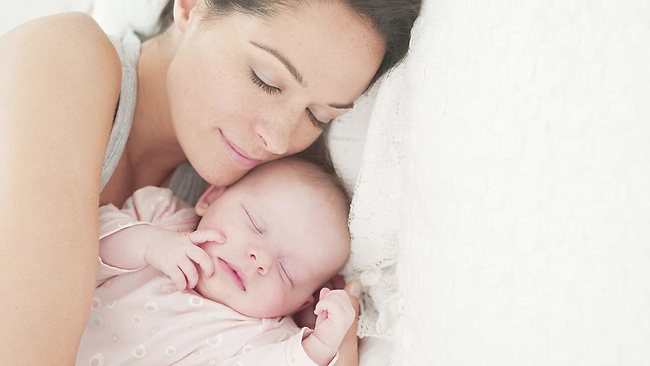Published: Irish Independent
Author: Dr. Malie Coyne
The strong emphasis placed on infant mental health by Dr Paul D'Alton (June 26) was a very welcome step for those working in the area, given how significant this period (zero to three years) is "in laying the psychological foundation for later life". I sincerely hope that where the Government may have missed out in their recent "Connecting for Life" Suicide Prevention Strategy, that they do not neglect the importance of infant and perinatal mental health in their upcoming National Maternity Strategy.
Perinatal mental health refers to the emotional, psychological and social aspects of health during the time from preconception up until two years post-birth. This period is the highest risk time for women to develop mental health problems, as it is a time of very significant physical and psychological change as they adapt to the responsibilities of parenthood. A recent Irish study found that 9.8pc of their sample met the criteria for postnatal depression 12 weeks post partum. Perinatal and infant mental health are inextricably related, in that the quality of a woman's health and wellbeing may directly impact the infant's health as well as the health of the entire family.
Maternal mental illness can directly affect a mother's ability to attune to and respond to her baby's needs, which can lead to an "insecure attachment" being formed where there is little predictability of care. This places the infant at risk developmentally, as the early months are the precise time during which their brain development is at its peak.
This is also the time when the infant develops firm templates for all future relationships, ie. they learn to love through their first human partners, their parents. The impacts of stress on the foetus and lack of quality interaction post-birth can increase the risk of cognitive delay and emotional difficulties in children, and lead to mental health issues as the child matures.
Prioritising infant and perinatal mental health is absolutely crucial for the wellbeing of future generations and must be prioritised in the National Maternity Strategy.
This 'letter to the editor' was published in the Irish Independent newspaper on 2nd July 2015 - Click here to view; Malie Coyne Irish Independent

